Rapid development! In the first quarter, China’s cross-border e-commerce import and export increased by 9.6%, and building the "Belt and Road" was stable and far-reaching.
CCTV News:As an important manifestation of digital trade, cross-border e-commerce has become a new bright spot in global economic development. Statistics from the General Administration of Customs show that in the first quarter, the import and export of cross-border e-commerce in China was 577.6 billion yuan, an increase of 9.6%. Among them, exports were 448 billion yuan and imports were 129.6 billion yuan. At the world internet conference Digital Silk Road Development Forum held on April 16th, "International Cooperation of Silk Road E-commerce" was the main topic, aiming at promoting the facilitation of cross-border electronic commerce and the data flow and sharing among countries.
The reporter saw in the live broadcast base of Xi ‘an Chanba cross-border e-commerce industrial park that the anchors enthusiastically introduced goods from different countries, such as Russian purple candy, beer, milk powder, chocolate from Uzbekistan, honey from Kyrgyzstan, and high-quality goods with Shaanxi characteristics.
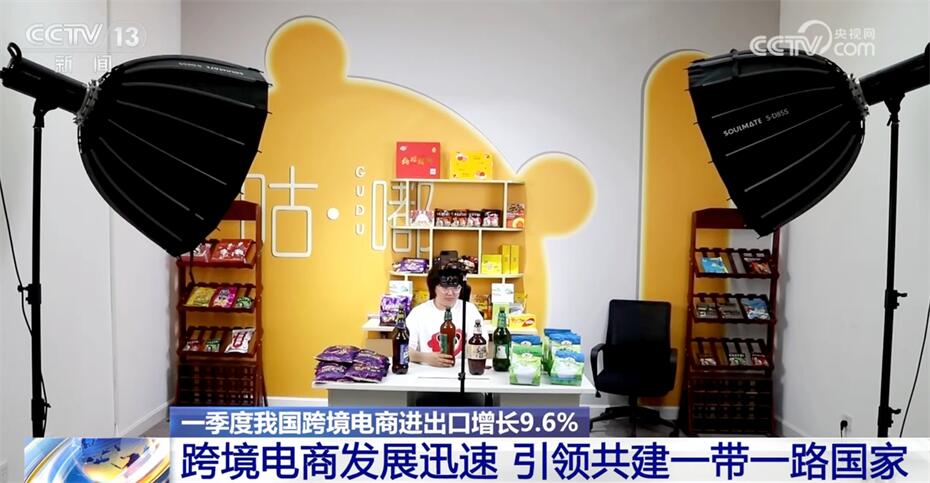
At present, Chanba cross-border e-commerce industrial park has settled in 45 cross-border e-commerce enterprises and introduced more than 300 international and regional brands to deliver goods to the world in time.
Wu Ziheng, director of the Foreign Cooperation Bureau of Xi ‘an Chanba International Port Management Committee, introduced that Chanba cross-border e-commerce industrial park actively promotes the linkage of "cross-border e-commerce+live broadcast" and "cross-border e-commerce+training", builds a new industrial chain for cross-border e-commerce, and establishes four mechanisms of "enterprise incubation+talent training+innovation and entrepreneurship+industrial empowerment".
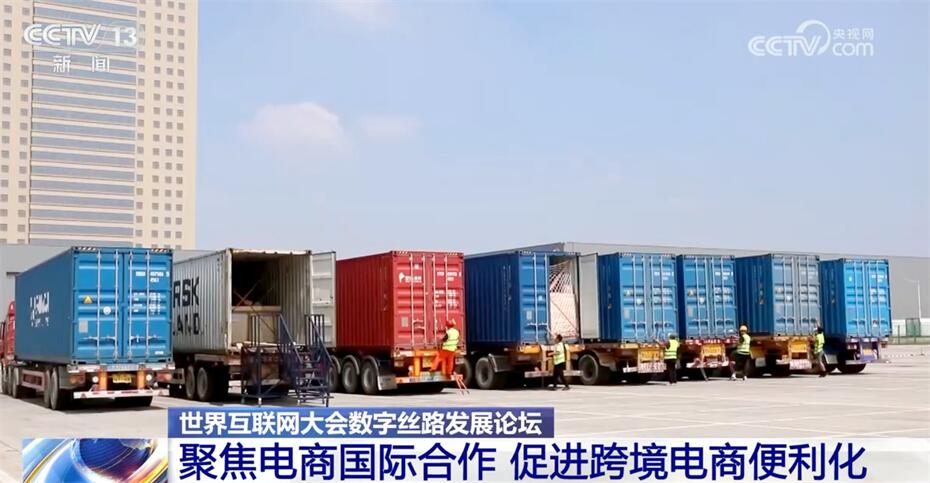
Xi ‘an Chanba Cross-border E-commerce Industrial Park is a microcosm of China’s cross-border e-commerce. Relevant data show that by the end of 2022, there were 165 cross-border electronic commerce Comprehensive Experimental Zones covering 31 provinces, autonomous regions and municipalities. It is the joint efforts of these cross-border e-commerce industrial parks that have enabled China’s cross-border e-commerce import and export volume to reach 577.6 billion yuan in the first quarter of this year.
At the world internet conference Digital Silk Road Development Forum held on April 16th, many topics and discussions were focused on the development of cross-border e-commerce in countries with the Belt and Road Initiative.
Chris brown, director of the British-China Business Environment Program of the British Standards Association, said: "Now e-commerce accounts for a large proportion of global GDP and has become a driving force for economic development, so I think e-commerce is not only for China, but also for co-construction ‘ Belt and Road ’ The country, even to Europe and the world, is very important, and e-commerce will become the driving force in the fields of productivity and employment. The development of cross-border e-commerce in different countries is different, but it is undeniable that China is one of the leaders and innovators. China and the United States are both strong in the global cross-border e-commerce field, but China is in ‘ Belt and Road ’ The cross-border e-commerce field along the route has a leading position in terms of infrastructure, products and organization. Other countries should cooperate with China, and China is very strong in this field. "
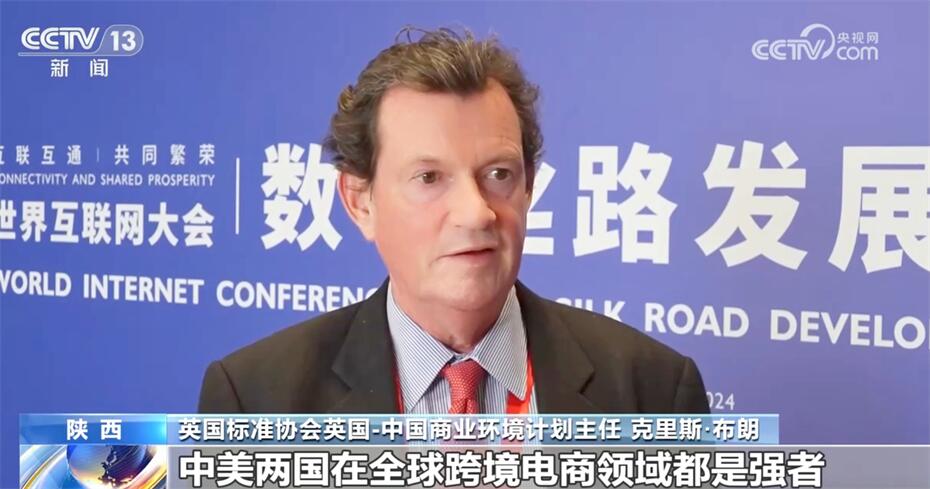
Abdullah Ali works for a fast food company in Jordan. For many years, his company has been trying to explore the international market. Abdullah Ali attended the world internet conference Digital Silk Road Development Forum held on April 16th. While learning the mature model of cross-border e-commerce in China, he also hoped to find a powerful partner to help his products open the international market.

Abdullah Ali, senior project manager of a food manufacturer in Jordan, said: "I have learned a lot from this conference, such as China’s leadership in the digital development of cross-border e-commerce in the world. China is a good partner, and I hope to broaden the broader international market by participating in this Internet conference. "
World internet conference Digital Silk Road Development Forum: Bridging the Digital Divide and Creating Mutual Assistance and Win-Win.
The main topic of the world internet conference Digital Silk Road Development Forum held on April 16th was in the field of cross-border e-commerce. Experts pointed out that there is a digital gap between countries in the field of e-commerce due to their different national conditions, and all the participants are actively offering suggestions on how to bridge the digital gap and shorten the gap in strength, so as to achieve the goal of mutual assistance and win-win.
Zhuang Rui, Executive Dean of university of international business and economics Institute for International Economics, said: "Because ‘ Belt and Road ’ There are many participating countries, and some infrastructure in these countries may not be very good. This infrastructure includes hardware infrastructure and some new infrastructure in the digital field, and these aspects may be backward. "
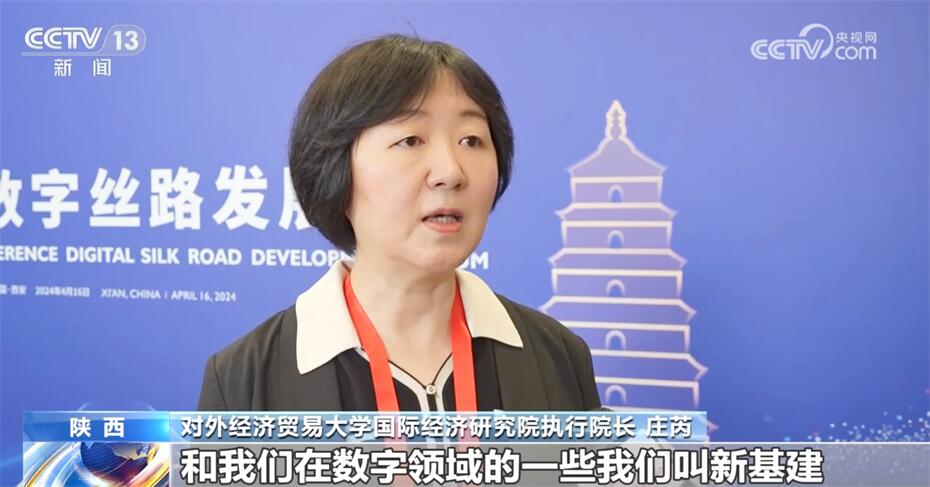
Experts pointed out that in order to promote the construction of the "Belt and Road", the project of Chinese enterprises to build a "Belt and Road" country was started many years ago.
Zhuang Rui said: "Through the way of development assistance, to help each other build some infrastructure, including information infrastructure, this is what China enterprises are doing, and the China municipal government also actively supports it. Countries around the world can unite to bridge this digital divide. I think the Digital Silk Road Forum is also such an original intention. "

Experts pointed out that economic development is the driving force to bridge the digital divide among countries by promoting cross-border e-commerce cooperation in the "Belt and Road" countries. Cross-border e-commerce has risen rapidly in the world and become the driving force of GDP development in various countries, and the corresponding internationalization standards are also being promoted and formulated. The introduction of these standards is also to better serve the development of cross-border e-commerce.
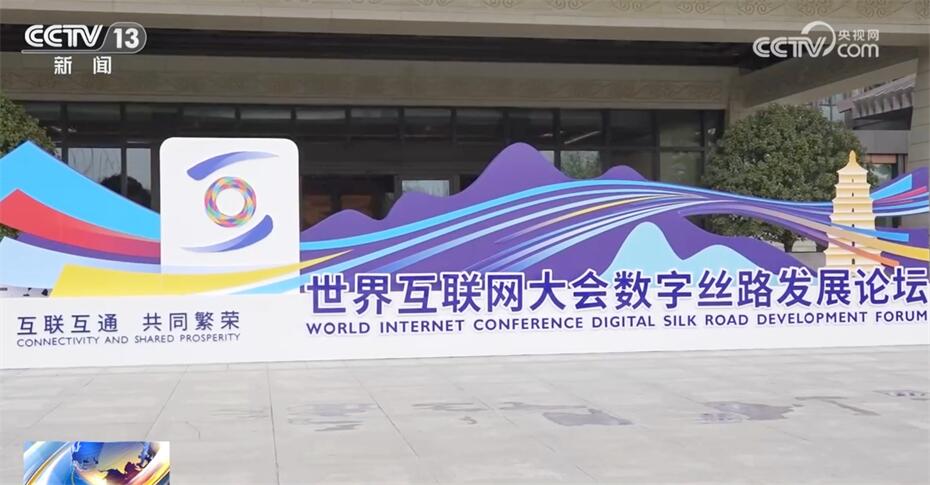
Chris brown, director of the British-China Business Environment Program of the British Standards Association, said: "I want to describe what kind of cross-border e-commerce standards we need. I think the key points are trust, trust between different countries, trust between manufacturers and consumers, mutual trust in payment systems, mutual trust in legal rules and mutual trust in product quality."